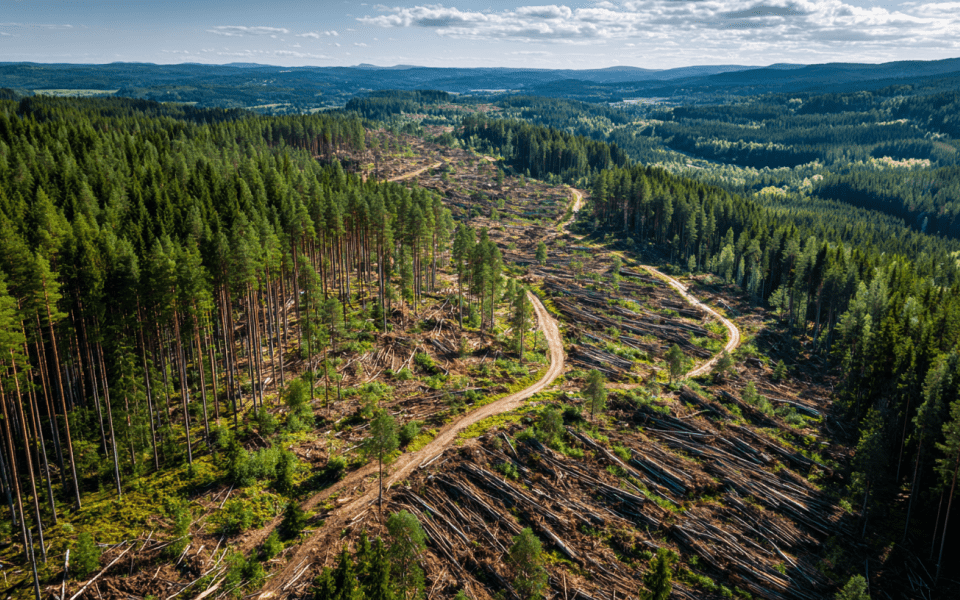Guidelines
The Foundation mainly supports research projects related to the social sciences.Projects should be focused on a coherent research question.
Who can apply?
An application can be made by an individual researcher or by a research group associated to a Swedish institution of higher education. An application can also be submitted by the head of the institution.
Applications from individuals without a long-term connection to an academic institution will not be considered.
Application period
The application period begins March 1. Last day of application April 1 until 1:00 pm.
Guidelines for research projects
- The Foundation primarily grants funding to research projects within social science
- Research projects of high scientific potential are prioritized
- Projects must have an independent objective and not only constitute auxiliary funding for ongoing operations or other projects in progress
- Projects can be applied for by an individual researcher or project group consisting of two to four researchers who collaborate around a coherent scientific question
- When the application comes from a group of researchers, priority is given to projects where it is obvious that the complementing competences of the researchers make it possible to address hypotheses and research questions, where a single researcher would have had difficult to address on their own
- It is the combined competence of the research group that will be assessed, i.e. not the main applicant and co-applicant competence separately
- PIs must have a long-term association with a Swedish institution of higher education and spend at least 70 % of their position and working time in Sweden. Co-investigators must spend at least 50 % of their position and working time in Sweden
- The research must be undertaken at a Swedish institution of higher education but otherwise there are no limits regarding the localization of research groups in terms of organization or geography
- Projects normally have a budget of between SEK 3 million and SEK 9 million. Projects can have a duration of three to five years. Up to 20% of the granted amount may be used for indirect costs and rent
- An individual researcher is only allowed to participate in two ongoing projects, and act as a PI on one of these
- A project can only be subject for reviewing at two separate application periods
Projects will be evaluated on the following criteria:
– The PI or scientist group competence and the project quality
– The feasibility of the research plan and proposed methods
– The project originality and novelty
– Is there a coherent research question
– For the 2025 calls, how well the projects fit the specific calls also applies
Grants for equipment are normally awarded as part of a project in which the cost of the equipment is directly related to the scientific operations of the project. Equipment is financed through depreciation, which must be calculated linearly across its entire economic/scientific life, not merely across the project period sought. Procurement must take place no later than 2 years after the project starts, and depreciation can thereby commence and be sought for 2 years longer than other costs.
Application
In the e-application the compulsory data and appendices are stated. It is important that the application is extensive and complete for a correct handling of the application. Incomplete applications will not be considered.
In the application the following must be stated/attached:
- The vice-chancellor’s or equivalent’s certification
- CVs of the PI and the co-investigators
- A list of ten selected publications per applicant
- A comprehensive project description in English, must not exceed 10 pages, 12 p font
- A scientific summary in English, max 2 000 characters incl. space
- A popularly summary in Swedish, max 3 500 characters incl. space
- A project budget, using the Foundation’s template
- If the project is co-funded by the applicant’s own higher-education institution and other financiers
- If funding has been applied for, will be applied for, or has been received for the same purposes from another organization
Decision
The decisions of the Board of Directors will be sent to the applicants by letter and information about approved grants will be posted on the Foundation’s web site when the board minutes have been approved.
Publishing
Research funded by the Marianne and Marcus Wallenberg Foundation must be published with open access, i.e. published articles must be archived in open searchable databases. The respective university's rules apply to open access. Extra costs for open access may be included as a direct cost in the application.
Processing of personal data
See the Foundation’s Privacy Policy



